Description
The usual definition of research is an investigation of a topic. Research may also be described as an organised and methodical pursuit of relevant knowledge on a certain subject. Truthfully, research is a kind of artistic inquiry into scientific matters. Research requires skill. A thorough examination or inquiry, particularly via the pursuit of fresh information in any area of expertise, is what research is defined as in the Advanced Learner’s Dictionary of Current English. Research is the process of adding new information to the body of known facts in order to improve that body of knowledge. Science is the study of making sense of the world via investigation, analysis, and experimentation. Research may be defined as an objective and methodical approach to gaining information in order to solve an issue. Research also includes the methodical procedure including theory development and generalisation. Thus, “research” denotes the methodical process that begins with stating the problem, developing a hypothesis, gathering relevant facts or data, analysing the facts, and finally arriving at a conclusion, which may be a solution to the problem at hand or a generalisation for a theoretical formulation. In order for the study to be labelled as “scientific research,” it must adhere to the scientific process and add to the existing body of knowledge. Research methodology is a plan for carrying out studies that incorporates guiding concepts, processes, and activities derived from ontological and epistemological ideas. There is no universally agreed-upon research technique that can solve all research issues; rather, there is a wide range of approaches. There are advantages and disadvantages to any study approach.
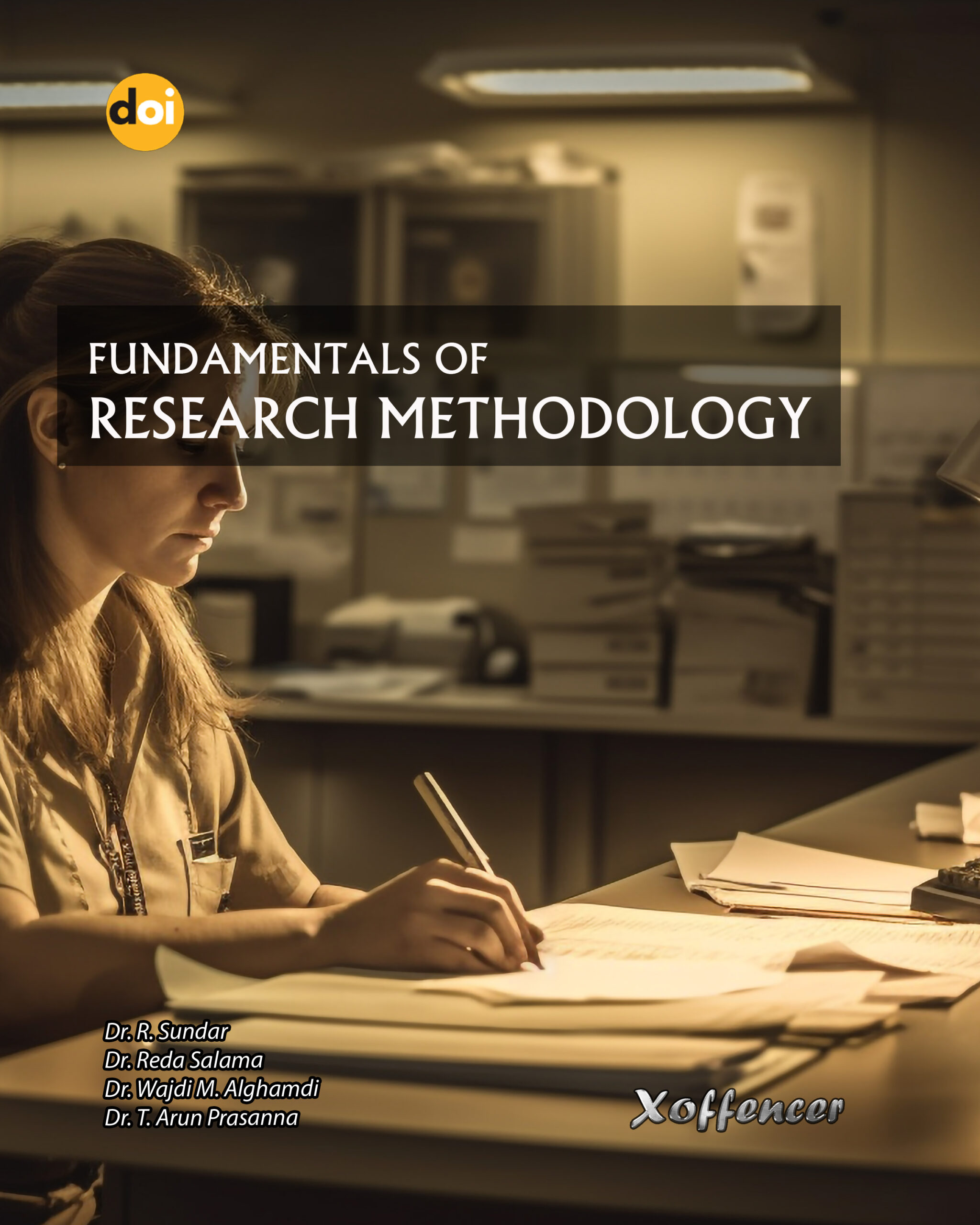
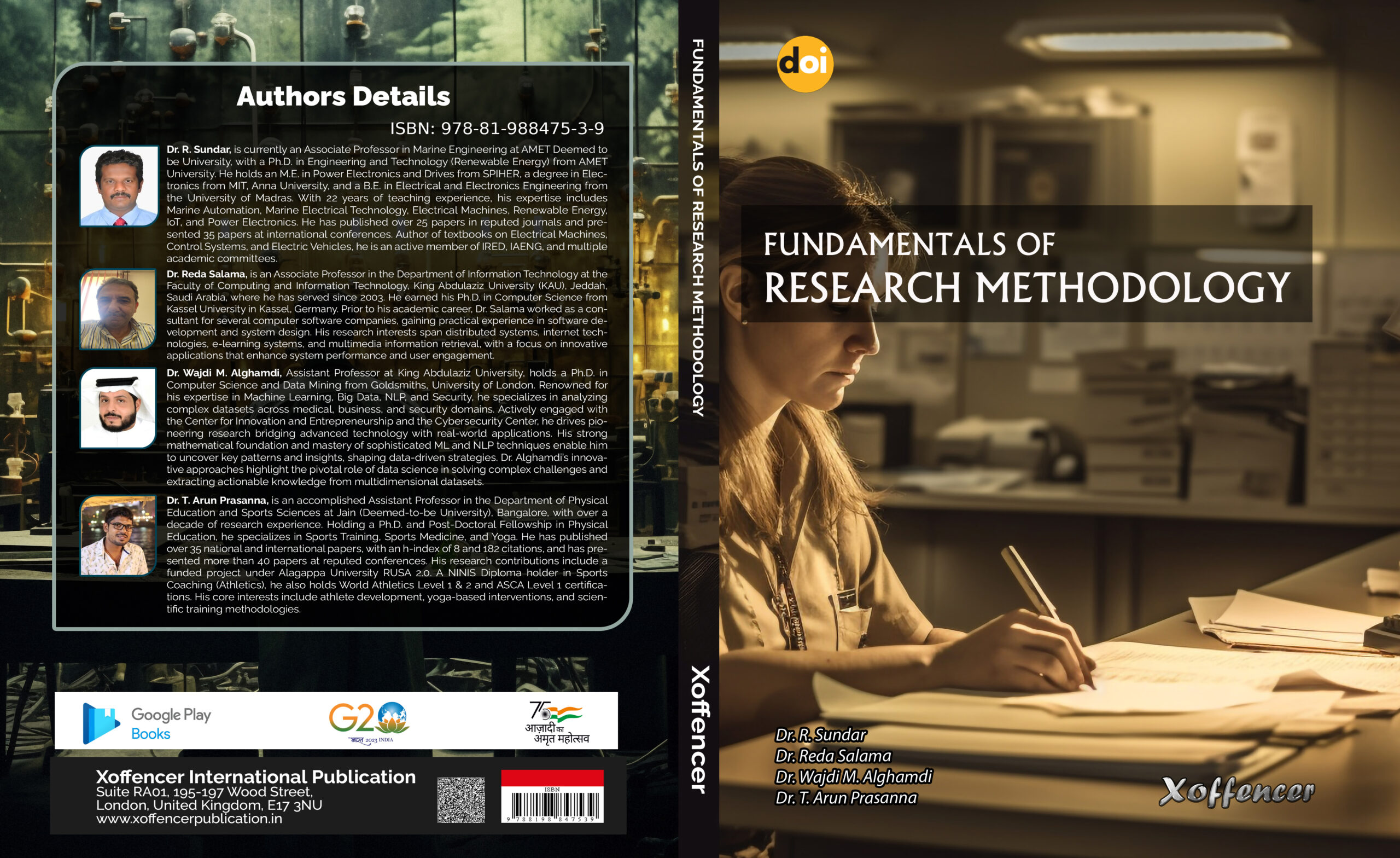



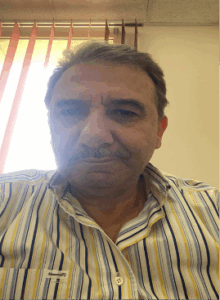
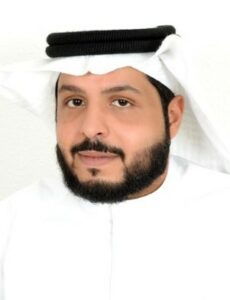

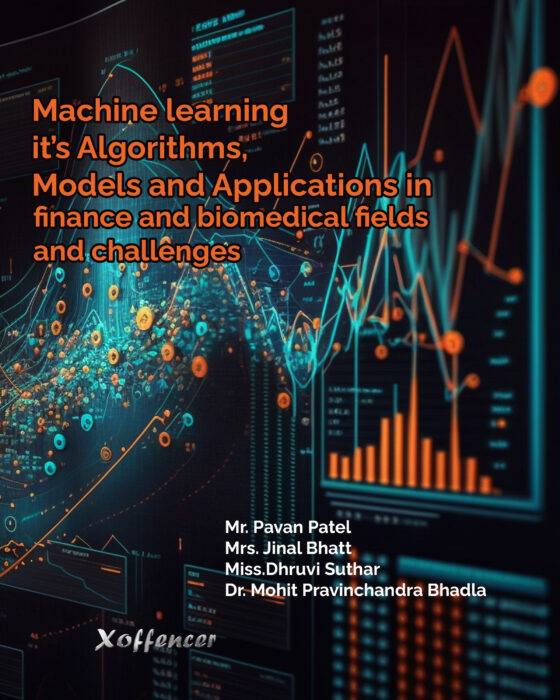
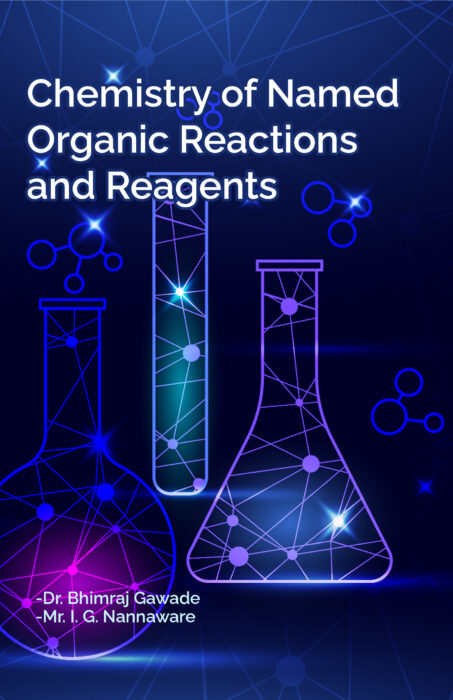
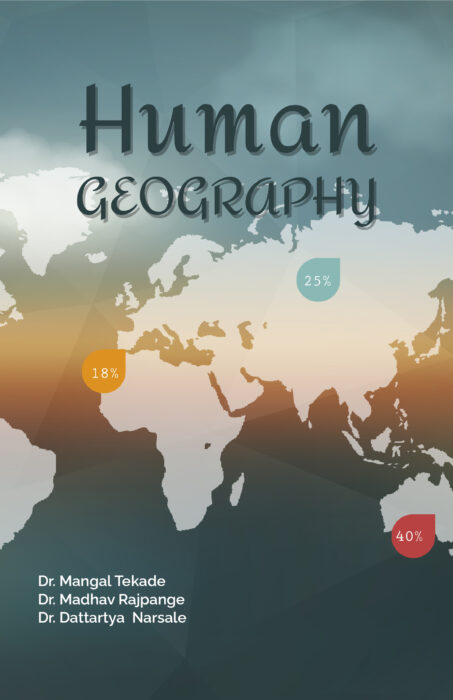
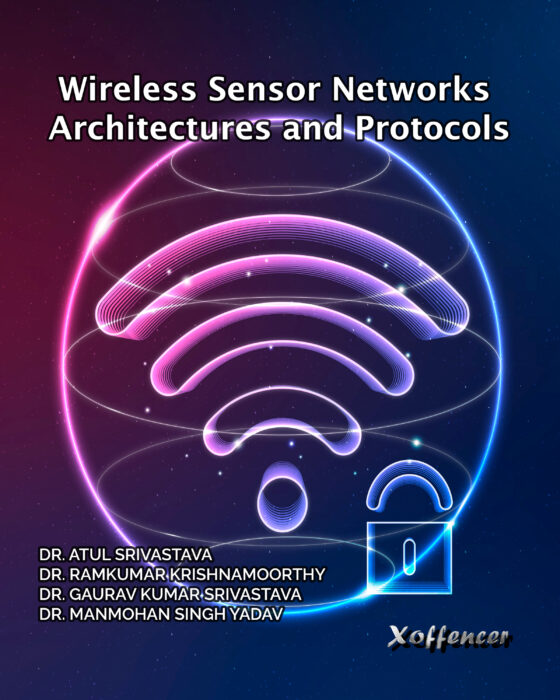
Reviews
There are no reviews yet.